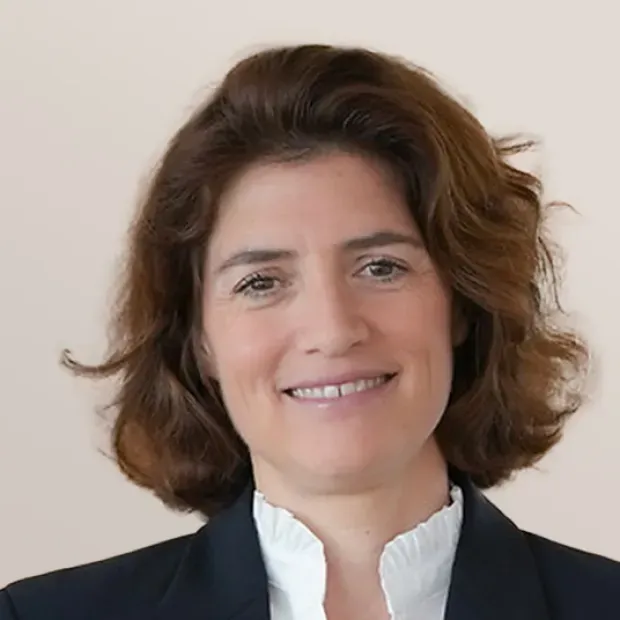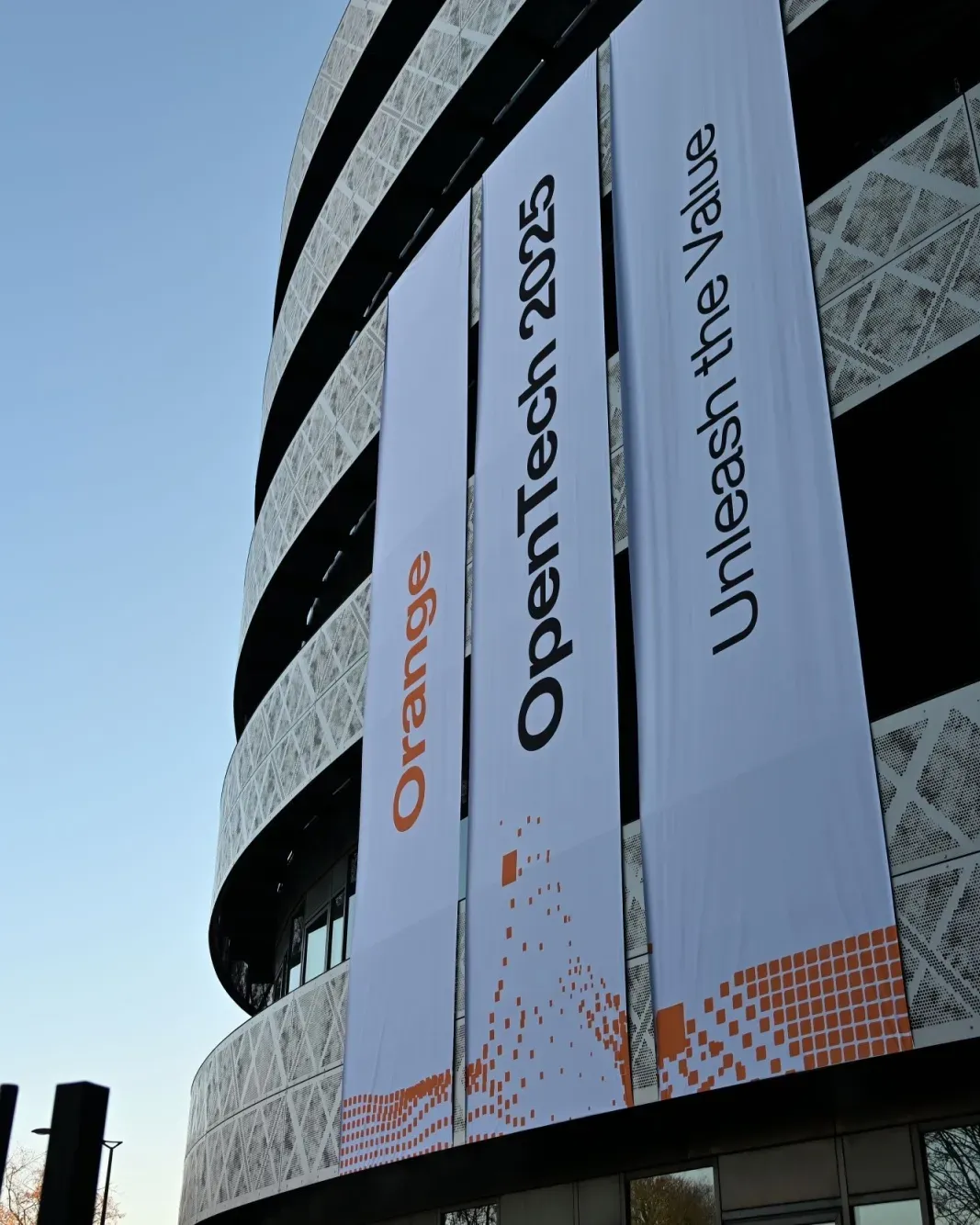“AI is a fascinating topic for our industry, possibly the most significant revolution we’ve seen in 20 years.” This is how Christel Heydemann summed up the impact of AI during a panel discussion at MWC with executives from Vodafone, Deutsche Telekom, and Telefonica.
The numbers speak for themselves: 75% of investment in large language models comes from the United States, followed by China. But Europe is not standing still, and Orange is playing an active role. AI goes far beyond large language models. It is moving to our everyday devices, at the edge of the network, where much of the most exciting innovation will happen.
“We’ve only scratched the surface of the innovation AI at the edge can enable,” said Heydemann. This is exactly where Orange can make an impact by connecting devices intelligently and creating value between cloud and edge computing.
AI is already improving the way you interact with Orange. For customers, this means faster and more relevant responses. Today, 30 percent of simple requests in our contact centers are handled automatically, allowing our teams to focus on more complex needs.
For businesses, AI is a strategic advantage. It enables real-time data analysis, optimizes processes and delivers personalized solutions that strengthen competitiveness in a connected world. Between operators, AI supports secure data exchanges, makes networks more resilient and predicts potential incidents before they interrupt your service.
At MWC 2025, we brought our vision to life. Our flagship demonstration, “Live Intelligence enhanced by 5G” showed a seamless real-time conversation with generative AI, proving that our networks are ready for the most demanding applications.
Other innovations addressed practical needs, such as “My Security Partner” for enhanced online protection and “Leveraging AI for African Languages” to improve access to digital services in Africa. The space between cloud and edge computing is where Orange excels.
“We sit between the cloud and the edge,” Christel Heydemann remarked. “Who else is better placed to create a secure platform that combines the best of both worlds?” A question that positions Orange as a key player in this new era.
Orange believes in collaboration and as a founding member of the Aduna joint venture and an active participant in the CAMARA open source community, we’re helping to develop interoperable network APIs.
Our “Network APIs Powered Industry 4.0” demonstration showed how an industrial production line can be optimized remotely using AI, a clear example of how technology can transform entire industries. “We want to collaborate with everyone,” says Heydemann as part of a balanced approach that opens up possibilities for working with European start-ups and larger organizations alike.
“We're not interested in building walls around Europe," Heydemann specifies, "But we do need to ensure that a strong European ecosystem emerges, supported by greater investment from within Europe. There's huge potential for smaller European companies to benefit from this strategy.
AI may be the key to a full 5G experience too. “AI will likely be the key to unlocking the real capabilities of 5G by leveraging the features already built into our networks,” Heydemann concludes.
By making AI a central part of our strategy, Orange is not simply following a trend. We are helping shape a smarter, more efficient and more inclusive digital future.
The advances on display at MWC 2025 are only the beginning of a transformation that will make your connections faster, stronger and more reliable.





